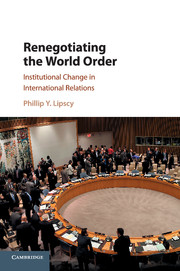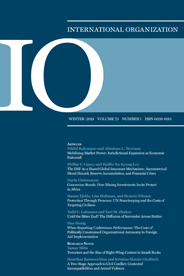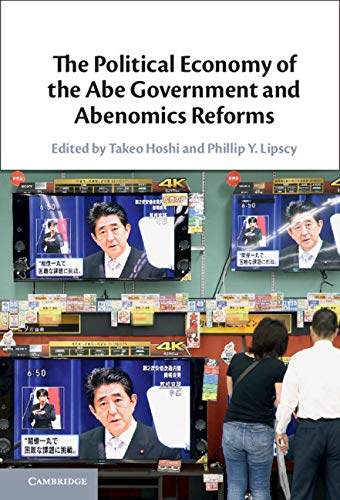
One of my core research interests is contestation over international organizations and how it reshapes international politics.
My book, Renegotiating the World Order: Institutional Change in International Relations was published from Cambridge University Press in 2017. The book develops a theory of institutional renegotiation and tests it using various methods of causal inference. I argue that policy areas differ in their propensity for competition, which affects the outside options of dissatisfied states in international institutions. In turn, attractive outside options tend to facilitate institutional change - either through renegotiation or exit - while unattractive outside options tend to produce path dependence.
A related article that applies the theory to the IMF and World Bank titled “Explaining Institutional Change: Policy Areas, Outside Options, and the Bretton Woods Institutions” was published in the American Journal of Political Science. The theory also has important implications for how to understand regime complexity, as Rie Kijima and I demonstrate in “Competition and Regime Complex Architecture: Authority Relations and Differentiation in International Education,” published in the Review of International Political Economy. A policy-oriented piece focusing on the implications for China's Asian Infrastructure Investment Bank (AIIB) is available in Foreign Affairs.
An author Q&A about the book is available from Stanford News Service. Excellent reviews are available in Foreign Affairs (by G. John Ikenberry), Review of International Organizations (by Felicity Vabulas), Perspectives on Politics (by Stephanie Hofmann), International Relations of the Asia Pacific (by Kazutoshi Suzuki), The Developing Economies (by Shintaro Hamanaka), and The Journal of Rising Powers and Global Governance (by Ondřej Svoboda).
I also have related work that focuses on Japan's role in international organizations. “Japan and International Organizations” with Nobuhiko Tamaki is published in the Oxford Handbook of Japanese Politics. You can also read about Japan's renegotiation diplomacy, role as a reformist status quo power, and shifting role in international organizations.
Related Working Papers:
- Institutional Racism in International Relations (with Jiajia Zhou)
- The Open Access International Order (with Adam Liff)
- Policy
Area Discipline: Accountability through Competition among
International Organizations



